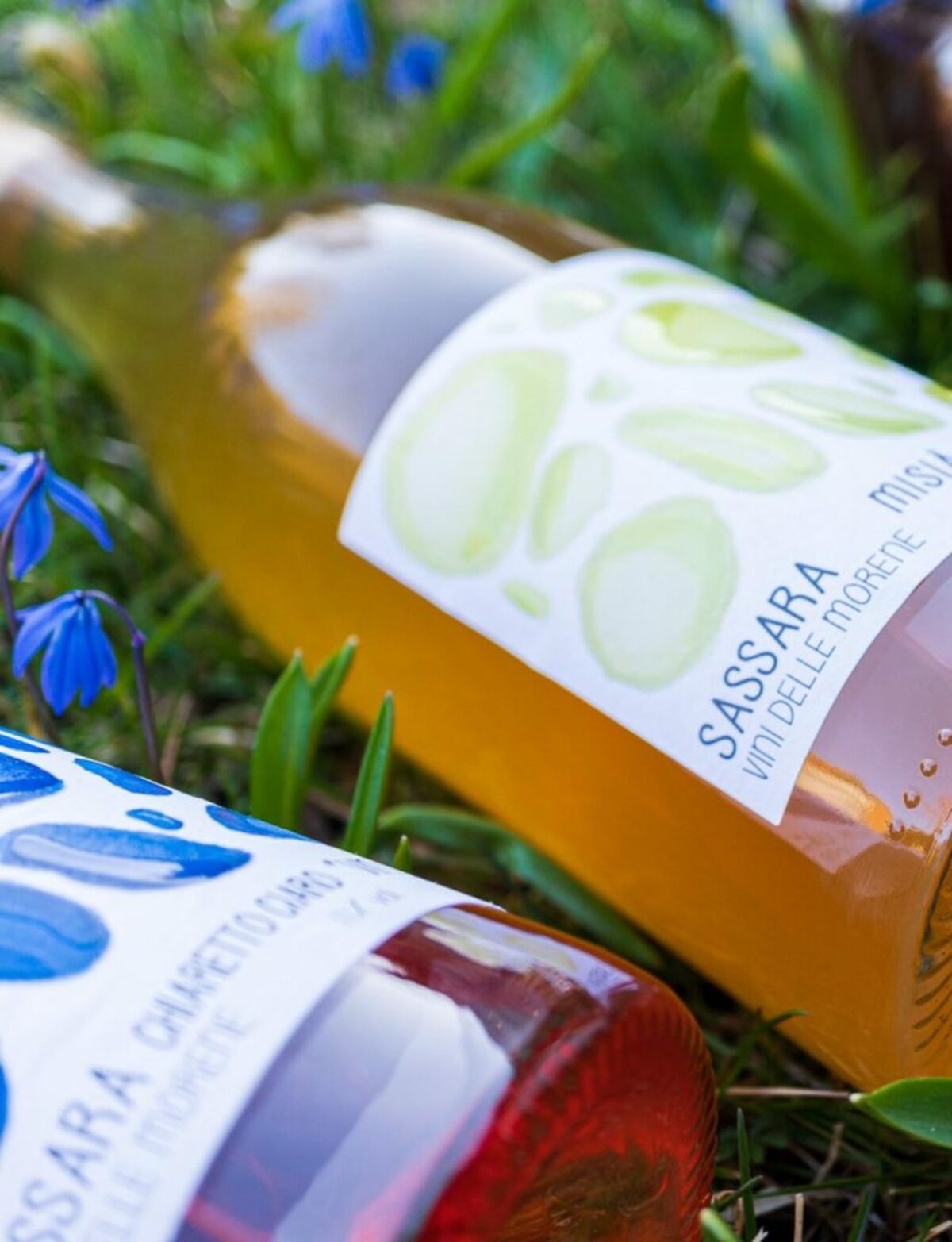Pét Nat – Rebellious Bubbles Or Hipster Hype?
As seen in The Social Pour Magazine, May 19, 2022.
Have you ever wondered about those hazy, colorful, and fizzy wines that have dominated the glasses of the younger wine crowd lately? They’re the talk of the town and the new must-have on a sunny day if you’re up to date with what’s what. Or actually, it’s not new at all. Pét nat, or pétillant naturel, is probably the oldest method of making sparkling wine there is. One of the differences between Pét nat and other types of sparkling winemaking is that the fermentation finishes in the bottle. Not much is being done with the grape juice before and during fermentation and once it’s been bottled that’s it, what happens in the bottle stays in the bottle. The result: a natural fizzy wine, often dry, often funky. The flavor profile can vary anywhere from tropical, fruity, candy-like, and off-dry to very dry with a hint of horse stables. But that’s what is so interesting when it comes to natural wines, the winemaking process has had very little, to almost none, intervention from harvest to bottling which gives you new, exciting (and sometimes plain weird) flavors.
Rebels Or Repeaters?
Or maybe both? As mentioned above, this is probably the oldest way to produce sparkling wine, the French even call it méthode ancestrale, which says a lot. But like with everything else, it goes in circles and now the winos are deep into natural wine, both still and sparkling. The question is, who, suddenly, decided to bring back an ancestral method of winemaking – and why?
The natural wine movement, with its origins in France (of course), is a call to return to the old winemaking ways. An honest, pure expression of grape and terroir, far removed from mass production and stylistic manipulation. The idea is minimal to almost non-existent influence, just hand harvested grapes that ferments on natural yeast and then straight to bottle. No adding sugar, oak, acid, egg white and so on. Biological of course. You should really feel and taste the land from which the wine originates and nothing should take away from that. Sometimes you can even find a bit of that land in the bottle. Pét nat specifically is made by bottling the wine before fermentation is complete, which leaves some residual sugar in the wine. This sugar ferments in the bottle and creates characteristic bubbles. Pét nat wines are usually unfiltered, which can give them a cloudy appearance. They are also often made from unusual grape varieties or blends, which adds to their trendy appeal.
Now, like with everything else, there is a discussion of what makes an actual true natural wine. Since there is no specific labeling or classification yet, to an extent it’s open to interpretation. Sometimes winemakers might even signal that their wine is natural with one of those cool, rough, and colorful labels we’ve come to love, but they’ve added something that would make the fleece vest-wearing purists look the other way. The jury is still out on what makes out the real stuff, but that might also add to the rebellious mystique of it all.
Lean Into It
Let’s put both rebels and traditionalists aside and talk about the average wine drinkers, those who won’t sacrifice their idea of a good wine due to trends. Don’t get me wrong, I’m an avid fan of a lot of natural wine, but it is an acquired taste that might not be the best option to spring on someone who’s mostly kept to the more common styles of wine. It might happen to you, just like it’s happened to me, that your guests take their first sip of something you’ve been gushing over and as they do, their expression starts signaling doubt. The question on their mind is, should it really taste like that? So, Pét nat to the rescue! For many, it’s the easiest way to approach the sometimes messy and loud naturals. The lovely low-key fizz is always appreciated adding some freshness, and if you can find a bottle with somewhat higher levels of sugar, it always helps.
Nowadays we seem to turn a lot of concepts into lifestyles, the same can be said here. Some people only drink natural, talking about an honest expression of terroir and a rebellious and interesting flavor profile whilst collecting those indie social points. The hype’s been up for a while and by the looks of it is here to stay. More and more winemakers are adding a natural option to their roster and the natural wine bars are flourishing. But in my opinion, a bottle of wine rarely defines your person, whether it’s a prestigious bottle of Bordeaux or a neon labeled mess of a Pét nat. Wine is wine, it’s the forever companion of food and is one of our great joys in life.
Let’s just leave it at that.

